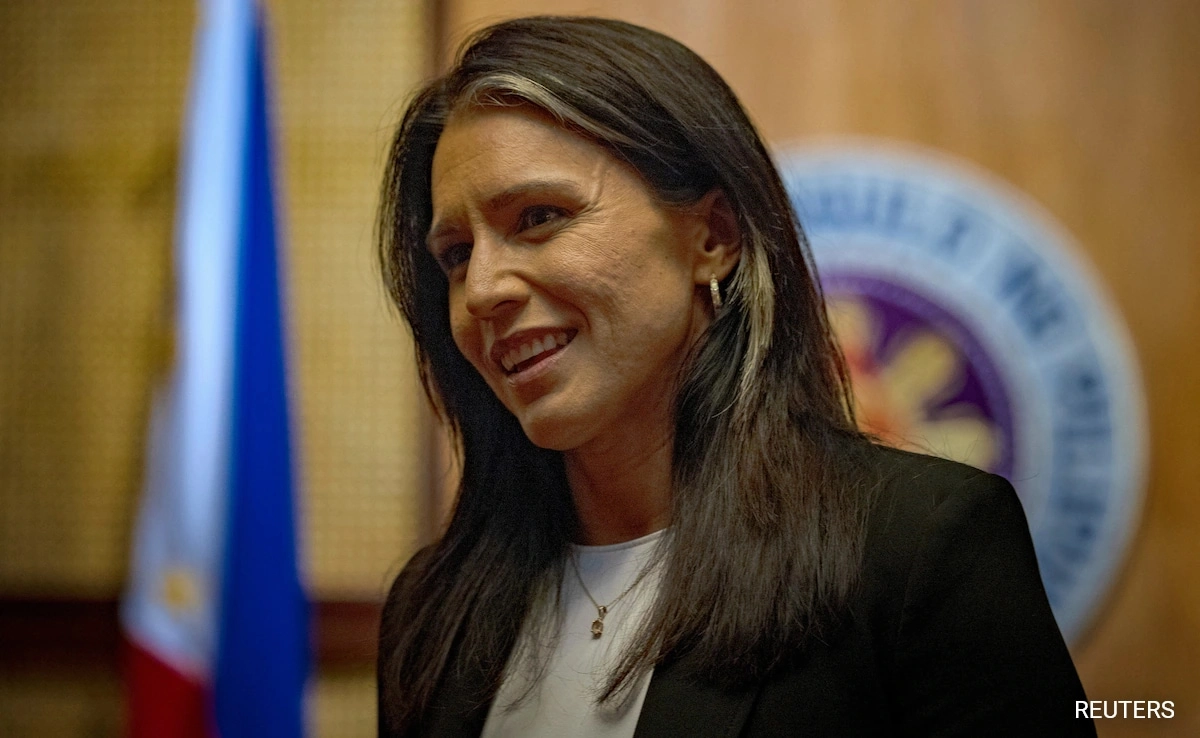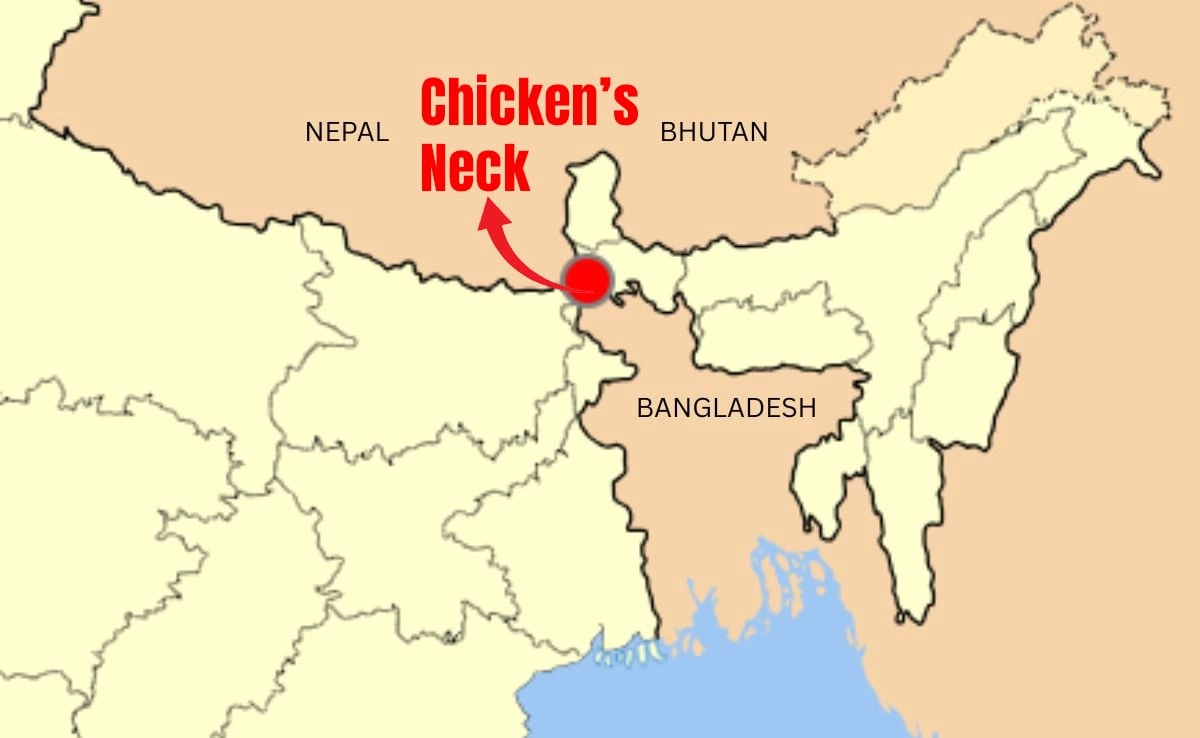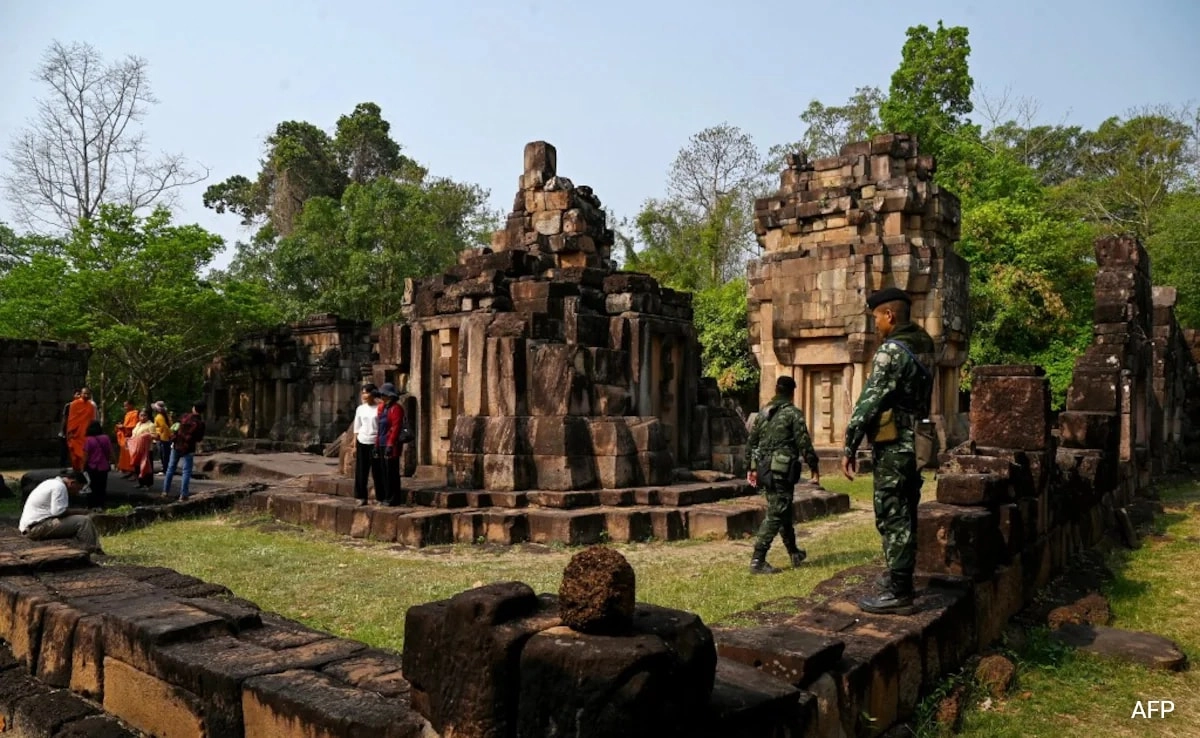In a recent statement, former President Donald Trump responded to comments made by Tulsi Gabbard, the former congresswoman and military veteran, regarding Iran’s nuclear capabilities. Gabbard had expressed concerns about the potential for Iran to develop nuclear weapons, asserting that the country’s pursuit of nuclear technology poses a significant threat not only to the Middle East but to global stability as well. She emphasized the importance of addressing this issue through diplomatic channels while also highlighting the need for a strong national defense.
Trump did not hesitate to weigh in on Gabbard’s remarks, asserting, “She’s wrong.” His statement reflects his ongoing skepticism towards diplomatic negotiations with Iran and underscores his belief that a more aggressive stance is necessary to counter what he perceives as threats from the Iranian regime. Throughout his presidency, Trump often advocated for a hardline approach to Iran, famously withdrawing the United States from the Joint Comprehensive Plan of Action (JCPOA) in 2018, a move that was both praised and criticized across the political spectrum.
The exchange between Trump and Gabbard illustrates the broader debate within U.S. politics regarding how to approach Iran’s nuclear ambitions. While Gabbard calls for diplomacy and engagement, Trump and many of his supporters argue for a more confrontational approach, believing that only through strength can the U.S. effectively deter Iran. This division reflects a longstanding ideological split in American foreign policy, particularly concerning how to balance national security interests with diplomatic efforts.
As the international community continues to grapple with the complexities of Iran’s nuclear program, the differing perspectives of political figures like Gabbard and Trump highlight the challenges faced in formulating a cohesive strategy. The stakes are high, as the implications of Iran obtaining nuclear weapons could have far-reaching consequences for both regional and global security. Ultimately, the discourse surrounding these issues will likely continue to evolve, shaped by the interplay of diplomacy, military strategy, and the shifting dynamics of international relations.




